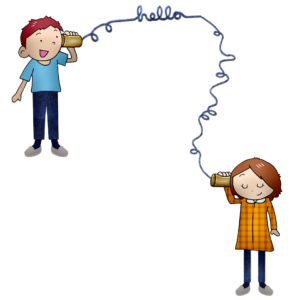 From the moment a child is born, they are constantly maturing and growing. Speech and language are the tools we all use to learn and interact with others.
From the moment a child is born, they are constantly maturing and growing. Speech and language are the tools we all use to learn and interact with others.
Detecting a speech issue early in a child’s life is beneficial for their social and emotional development. Though it isn’t easy for parents to decipher emotional or physical signs related to speech complications.
Here are some common questions parents are asking about their child’s speech as it correlates to their social and emotional health.
What impact does speech and language development have on a child’s emotional and social development?
Speech is an important in academic success, because verbal cues, writing, and reading are all key elements in the overall learning process. When a child starts school they socialize with other children their own age. This is when they compare their speech with that of their classmates. It may seem like the other children are able to articulate and express themselves better. Sounding and acting different can have an emotional effect on a child. Making them frustrated, or may lead to lower confidence, poor performance in class and even isolation.
The American Speech – Language – Hearing Association (ASHA), list some rules for conversation:
 Taking turns when you talk.
Taking turns when you talk.
Letting others know the topic when you start talking.
Staying on topic.
Trying another way of saying what you mean when someone did not understand you.
Using gestures and body language, like pointing or shrugging.
Knowing how close to stand to someone when talking.
Using facial expressions and eye contact.
Children may break some of these rules as they learn. If your child has a lot of problems with these rules, he may have a social communication disorder. He may also have other speech or language problems. He may have trouble talking with others or making friends.
Some children with speech issues may be unbothered by it. While others may have emotional outbursts, difficulty expressing clear thoughts, are easily frustrated, or act shy.
Check back with us next week for more questions parents are asking about their child’s speech as it correlates to their social and emotional health. Until then, contact First Words Speech Therapy for more information.


